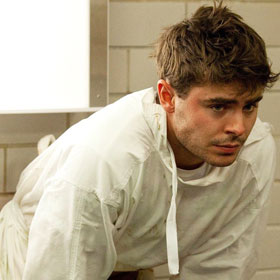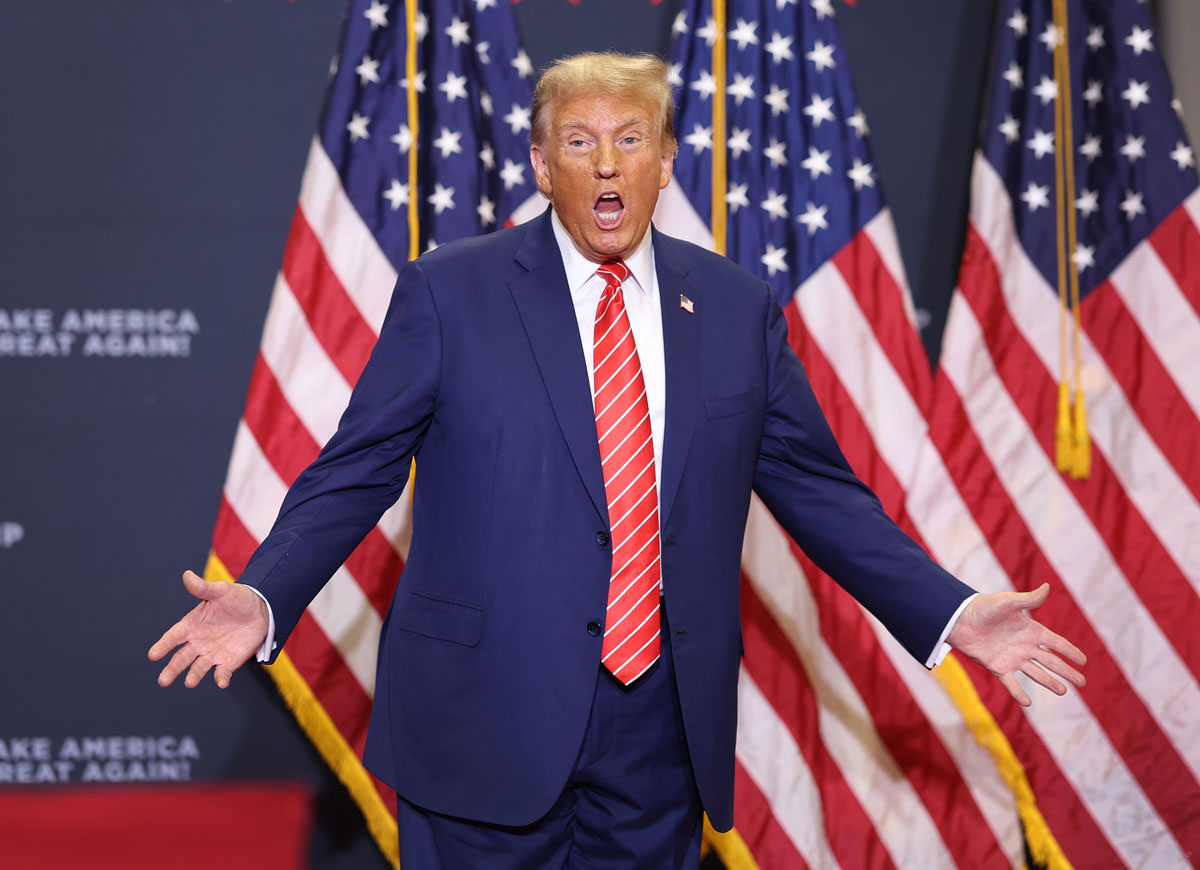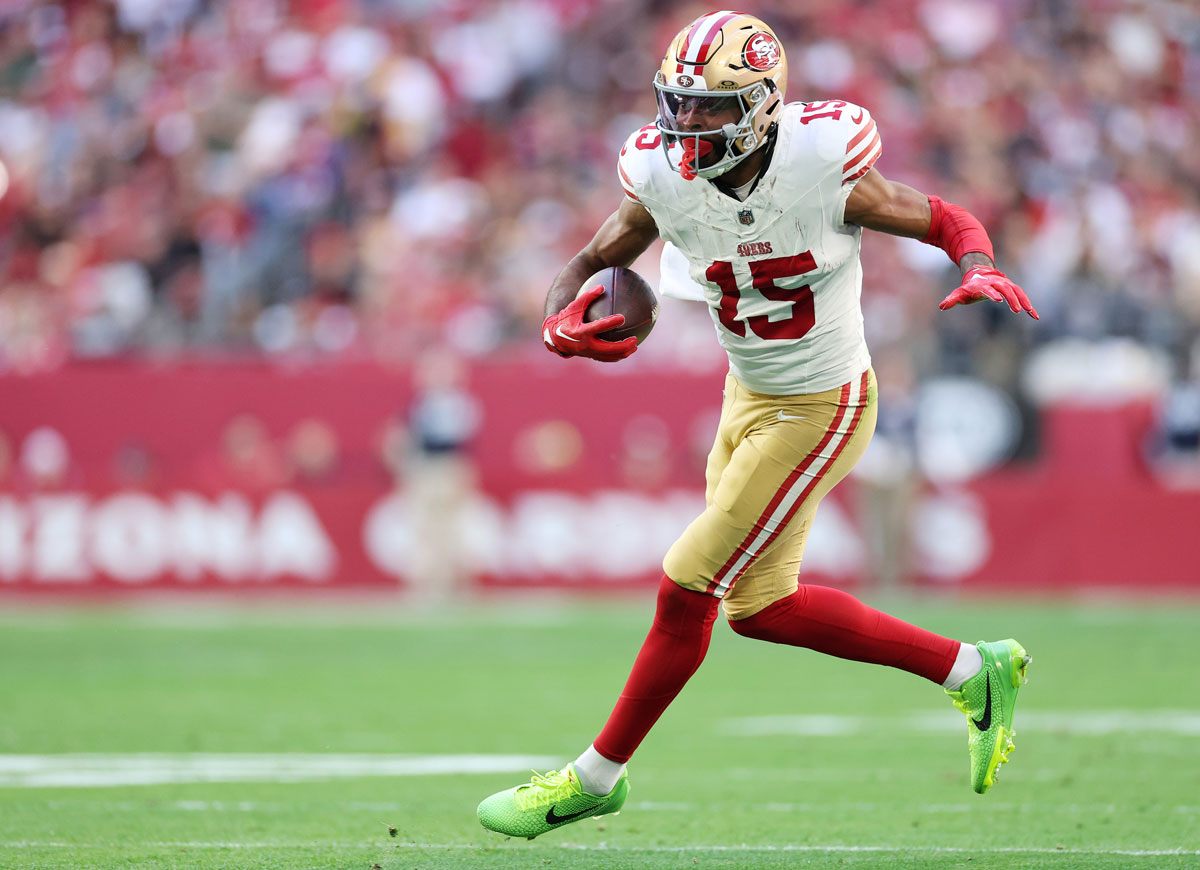'Parkland' Review: A Historical Drama Lacks Emotional Focus

2.5/5
Parkland, the first film from journalist Peter Landesman, is a historical drama that recounts the events of the three days following JFK’s assassination in 1963. In the vein of Crash (2004), Parkland goes back and forth between four separate groups of characters and explores how their lives were changed by the killing of the President.
Landesman, who wrote and directed the film, attracted a prestigious cast, including the scene-stealing Marcia Gay Harden and the under-used Paul Giamatti, but failed to give most of his actors any real emotional drama to play. Many of the actors were extremely limited by their characters and the almost excruciating patriotism they were forced to depict.
Teen heartthrob Zac Efron plays young resident Dr. Charles ‘Jim’ Carrico who is tasked with treating the President upon his arrival in the Emergency Room. Efron is a talented performer, and is currently making every effort to break out from his High School Musical persona, but, in all honesty, he looks more like a high school senior than a man who has graduated from med school. His pristine hair and perfectly sculpted eyebrows does nothing to increase his believability as a doctor. By his side, Colin Hanks, who also plays a doctor, does his best with what little he has to work with, but, really, these two young actors looked too manicured to be trusted with saving a life. In period films, filmmakers tend to fall into the trap of making the décor and actors too accurate, too picturesque, and Parkland is no exception.
The success of Parkland depends on the audience’s willingness to impress importance onto the historical subject matter, not on the film’s ability to make it important to the audience. Landesman is counting on the fact that his film will not be viewed in a vacuum – audience will add their knowledge of the impact JFK’s assassination had on the country to the film, making each emotional lurch that much more pressing and real for the viewer.
The scenes in the Parkland hospital suffer the most from this oversight, though Giamatti's Abraham Zapruter also falls victim to the lack of emotional content. Zapruter, the man who filmed the now infamous video of the shooting, struggles with the burden of owning such an important piece of history, but the weight of his journey throughout the film is practically all manufactured by the audience, most of whom, one assumes, has heard of or seen the footage one way or another. I felt that Landesman wanted to give audiences the sensation that JFK was so sacred that he never truly died in the eyes of the nation, but, taking the film out of the context of the weight placed on this piece of history, Landesman does nothing to make the audience believe that this death is as earth-shattering as it is presented. Frame after frame, Landesman forces the viewer to face the tragedy with various close-ups of stern, sad looking characters, as if to say, “Look, they really are devastated. See?” But the film earns no such emotion. Landesman does not give the audience any reason to care for these characters, and their shared grief feels incredibly forced.
Landesman allows only one of his many characters to have emotional depth: Robert Oswald, played by James Badge Dale. Dale gives an incredibly moving performance as the brother of the alleged shooter, Lee Harvey Oswald (Jeremy Strong). When we first learn how he is related to the shooting, Landesman uses the camera to show us Dale’s point of view. A slightly out of balance camera holds an extreme close up on Dale and goes in and out of focus when he hears his brother identified on the radio as the man who shot JFK. The dizzying focus puts the viewer in the same state of confusion and disorientation as Robert, and, from that moment on, the viewer cannot help but to be pulled to Robert’s story. Everytime Robert was not onscreen, you want him to be. It certainly helps that Robert’s story arc in the film is the most developed and morally complex. The doctors simply failed to rescue a fatally wounded President, they were not tasked with making a moral decision, but Robert has to decide how he will reconcile his loyalty to his country with his unconditional love for his family. His brother may be a traitor and a killer, but he is still his brother.
Dale is by far the best aspect of Parkland. While all actors are capable, Dale is the only one who truly gets to show the audience what he can do. And it certainly doesn’t hurt that many of his scenes are shared with Jacki Weaver, who plays Robert and Lee Harvey’s mother, Marguerite Oswald, with complete dedication and honesty. Weaver brings some levity to the role, though there is something sinister about laughing at a woman who believes so fervently that her son was a CIA agent tasked with killing the President instead of a universally hated criminal.
Parkland also tries to comment on the impact television and new camera technology had on the fallout of JFK’s assassination through Giamatti's character and a frequent use of authentic news footage from those fateful days. While an interesting idea, it failed to add any real substance to the film, as it was used so sporadically that it gave the impression of simply being a clever way to mask transitions between stories.
Parkland attempts to recreate the tragedy of losing a President, but because it treats JFK’s assassination as a simple historical fact, instead of a human event, it fails to get the audience to truly feel the loss. That said, the film is not without merit, and Dale’s performance alone makes the film worth seeing.
RELATED ARTICLES
Get the most-revealing celebrity conversations with the uInterview podcast!



 by
by 



Leave a comment